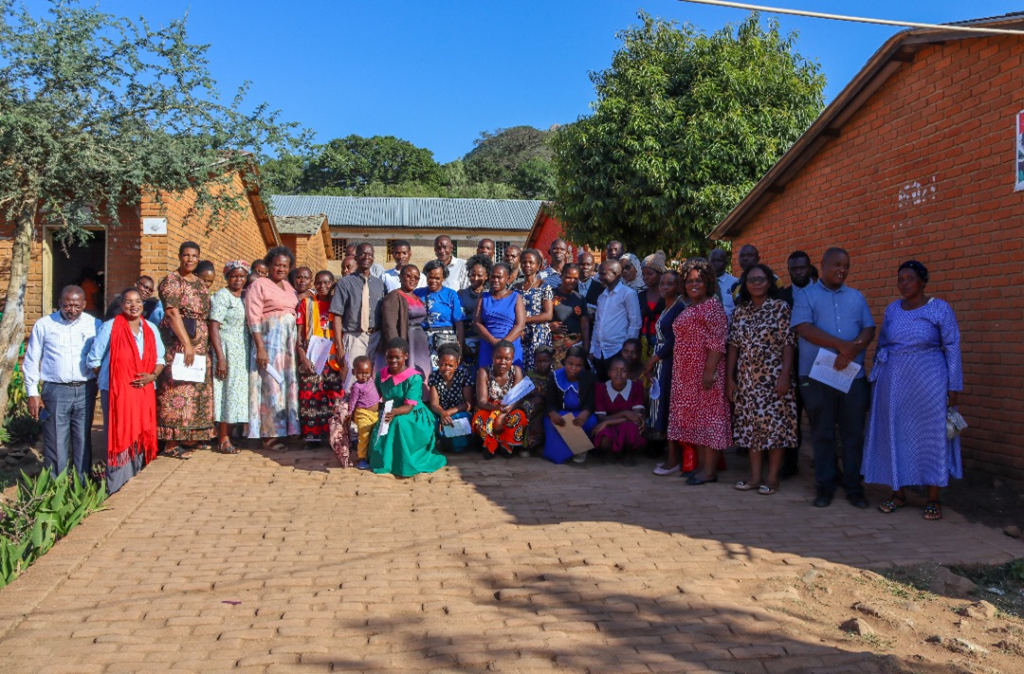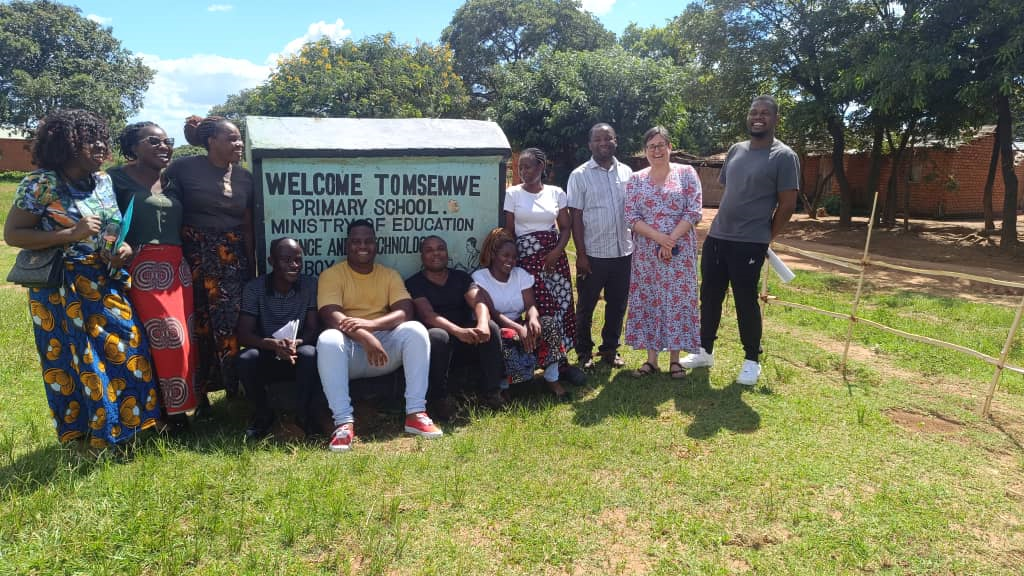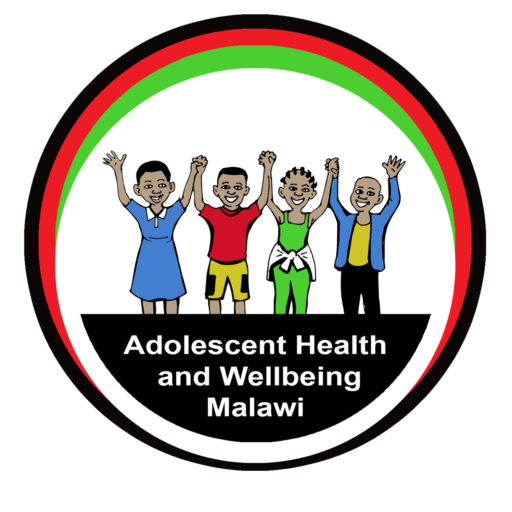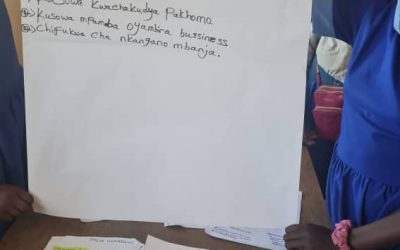Welcome to our blog, where we embark on a fascinating journey investigating the complexities of early adolescent health and well-being in the vibrant landscape of Malawi. Join us as we explain the stories, challenges, and triumphs encountered in our longitudinal study, aiming to shed light on the multiple factors shaping developmental trajectories in this unique context.
Understanding Longitudinal and Observational Studies
At the heart of our study lies the essence of longitudinal and observational studies. These research methodologies allow us to trace the evolution of early adolescent health and well-being over time, capturing the dynamic interplay of various contextual factors. Through thorough data collection and analysis, we aim to gain a comprehensive understanding of the contexts that both positively and negatively influence the lives of adolescents in Malawi.
Methods and Methodologies
Our approach is grounded in rigorous methodologies, blending quantitative and qualitative techniques to get a holistic picture of adolescent experiences. The longitudinal observatory is following 1400 adolescents aged 10-11 year olds for 3 years. Data is being collected using stratified random sample of schools based on geography, rural versus urban Blantyre district representing the urban setting and Mchinji representing the rural setting. We also included both private and public schools to ensure a near representative sample of very young adolescents. Three annual waves of data collection using surveys would be used to build a granular picture of early adolescence, captured in real-time through longitudinal engagement and observation.
From surveys and In-depth interviews to Photovoice data collection methods, we have employed a multidimensional lens to capture the negative and positive experiences of very young adolescents’ life in Malawi. The survey is using the Audio Computer-Assisted Self-Interviewing (ACASI) method which offers a valuable tool for researchers seeking to gather accurate, sensitive information from very young adolescents in a confidential and standardized manner. The study is also using the Photovoice data collection method which offers a participatory, creative, and culturally sensitive approach to data collection with young adolescents, empowering them to share their perspectives using photos hence contributing to meaningful research outcomes.

The ACASI Data Collection Session

Research Assistant Helping Participants During the ACASI Data Collection Session

Photovoice Data Collection Session
Experiences in Data Collection
In our longitudinal data collection endeavour employing the Audio Computer-Assisted Self-Interview (ACASI) method, we navigate a multifaceted landscape of challenges with resilience and innovative solutions. Managing a vast array of tablets and headsets is no small feat, but diligent organization and technical support ensure smooth operation throughout. Moreover, in some parts of Blantyre, we encountered very young adolescents’ caregiver’s reluctance to consent stemming from misconceptions about studies in general which posed a significant hurdle. Through transparent communication and community engagement outreach efforts, we addressed these concerns, emphasizing the study’s purpose, confidentiality protocols, and potential benefits. Additionally, we implemented strategies to streamline the consenting process, offering multiple avenues for parental engagement and flexibility. Our proactive approach fostered trust and cooperation, ultimately facilitating robust participation rates and is currently yielding invaluable longitudinal data for insightful analysis and meaningful conclusions.

Community Engagement Meeting Group Photo

Study Principal Investigators Untangling Headsets
Light-hearted Moments
In the middle of our data-gathering adventure in Mchinji at Msemwe Primary school which is located at a hard to reach place, the big bosses Dr. Kondwani Chidziwitsano and Professor Tracy Morse popped by for a visit, bringing along a bunch of laughs and funny stories. Dressed for exploring, they looked ready for anything! Between entering data and chatting with participants, they shared tales of their own journey, like the time they kept getting lost because they couldn’t follow the directions right. We couldn’t stop giggling as we swapped our own stories. Their visit reminded us that even serious work can be fun when we share a laugh with friends. This served as a beacon of hope amidst the complexities of fieldwork in remote areas.

Professor Tracy Morse and Dr. Kondwani Chidziwitsano with the Research Team
Next Steps and Expectations
As we chart our course forward, our next steps involve entering deeper into the wealth of data we are gathering, extracting meaningful insights, and preparing findings for dissemination. Collaborating with other work strands, we aim to co-create interventions that address the unique needs of Malawian very young adolescents, fostering environments conducive to their health and well-being. Our expectations are high, driven by a profound belief in the transformative power of research to drive positive change. We envision a future where every adolescent in Malawi has the opportunity to thrive, equipped with the knowledge, resources, and support systems they need to flourish.



